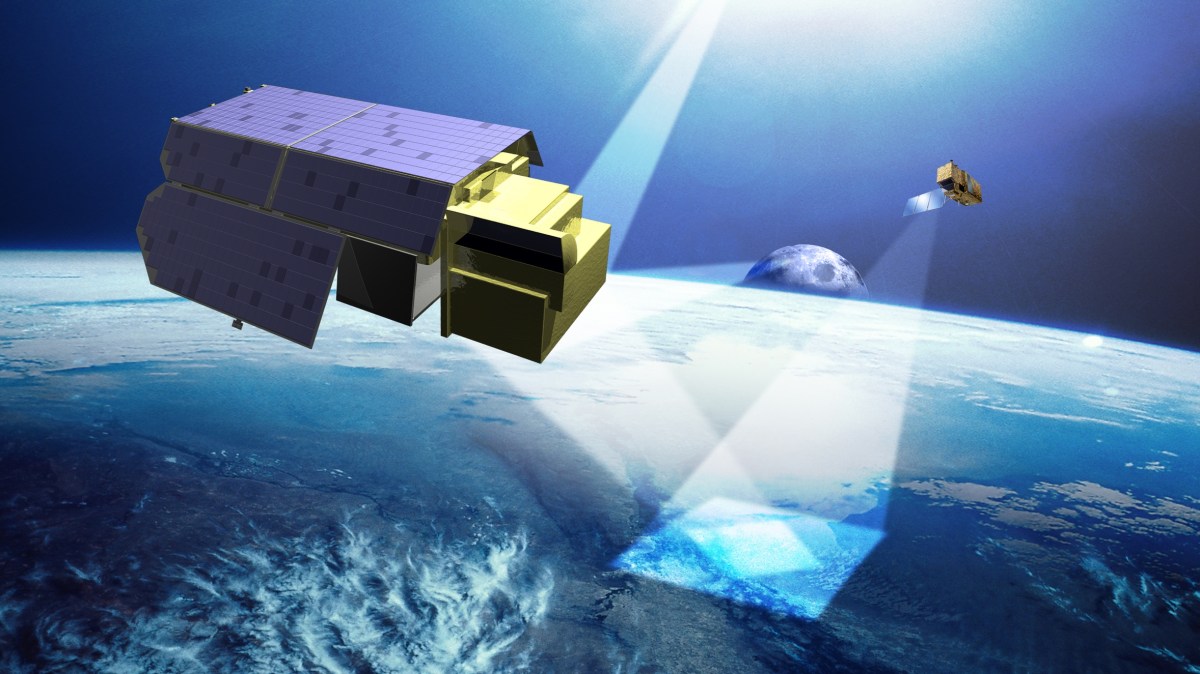Britain has abandoned a £200 million commitment to launch the world’s first metrology laboratory in space — a move that is likely to lead to the cancellation of the ground-breaking satellite programme.
The UK government has pulled the plug on Truths — Traceable Radiometry Underpinning Terrestrial and Helio Studies — which it was establishing alongside the European Space Agency (ESA). Other countries involved include Spain, Switzerland, Greece, Romania and the Czech Republic.
The project was developed by the National Physical Laboratory, Britain’s national metrology institute, and intended to collect measurements of energy coming to Earth from the sun to provide more accurate readings of climate change.
• How British satellite will map world’s forests in carbon mission
The decision will surprise many in the industry given that the government has named the space sector as a “frontier” industry in its industrial strategy.
Airbus, the European aerospace company, had been awarded a number of contracts to work on the satellite mission, which had been described as “a gold standard of calibration for space-based Earth observation”. Another 25 companies were involved, including Luton-based Telespazio UK and the UK arm of Spanish tech business GMV.
The ESA said the UK had notified the agency of its intention to discontinue funding “due to affordability constraints related to a spending review”.
It said that as “the UK is the largest funder and proponent of the mission, this decision will very likely lead to cancellation of the programme”.
Truths has been called a “standards laboratory in space” as it will allow climatologists to cross-reference their measurements and data to make climate-change forecasts ten times more accurate. It was the brainchild of Professor Nigel Fox at the National Physical Laboratory 25 years ago.
The UK Space Agency had been leading the project, and the decision to withdraw has been made as the government prepares to merge the 15-year-old agency into the Department for Science, Innovation & Technology (DSIT) by April 2026 to speed up decision-making. It is not clear whether other countries will step in make up the shortfall.
A spokesperson for the DSIT said: “We need to prioritise and make clear decisions to sharpen our focus and deliver the greatest impact. The discontinuation of funding for Truths is a result of this; it is not a reflection on the mission itself or the high-quality work delivered by our partners.
“The government is investing more in space than ever before due to its growing importance to economic growth and national security.”
Discussions about future budgets will take place the European Space Agency ministerial council in November.
The DSIT is expected to allocate funds to other projects involved in communications and security.
It seems likely that the decision was made by Peter Kyle before he was moved in the recent cabinet reshuffle from science secretary to business secretary. Airbus would not comment on the implications for its contracts.

